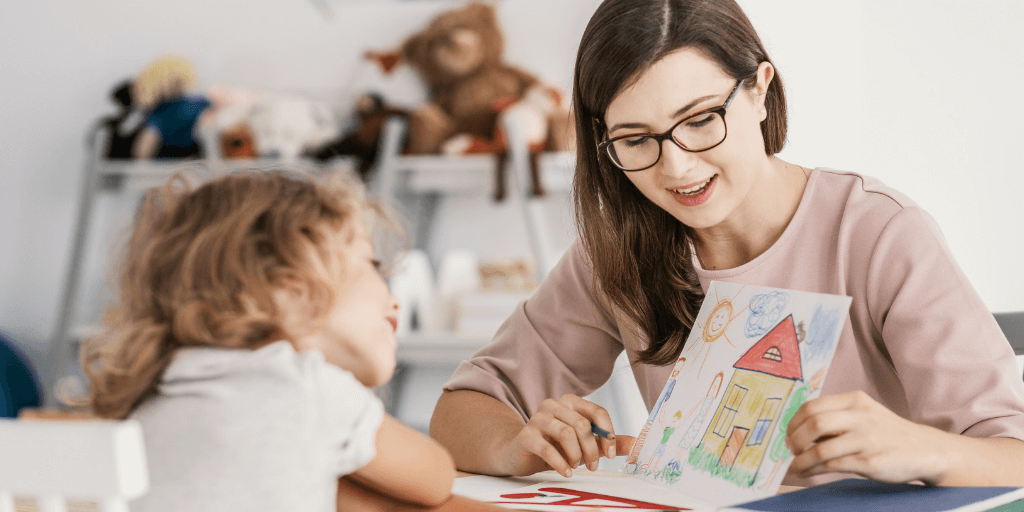
Neuroscience as metaphor – building a narrative
This post is written by Marina Dickson,
Executive Manager, Professional Education Services at The Australian Childhood Foundation.
In the preface of Lou Cozolino’s book, Why Therapy Works: Using Your Mind to Change Your Brain, Lou makes almost a throw-away comment. He says, ‘….while science is, in many ways, just another metaphor….’ This is an interesting notion as I, as a social worker, grapple with the body of neuroscience and how this can support working with traumatised children and young people. What if we think of neuroscience is a metaphor? What does that mean for our practice? What does that mean for change?
Cozolino goes on in the same sentence to think further about that when he says that (neuro) science, ‘provides a non-shaming explanation for human struggles…’ So, as with all metaphors, what our understanding of this area of scientific knowledge can do is help us to support the people that we work with to build a narrative of understanding about their experience, their world and the possibilities for their future. This notion really resonates. Learning about neuroscience is fascinating but it can feel a little fraudulent. ‘I’m not a neuroscientist’, ‘I haven’t spent my professional life researching this’, ‘I am not smart enough to understand this.’ But, my experience has been that the concepts of neuroscience provide a valuable reference point for children and young people to further understand themselves and their own stories – and that is helpful.
There are professionals in their work who will examine the multiply complex functions and connections of the amygdala to fully comprehend its role in our response to threat. However, can I take that learning and translate it for a child to help them to understand a fear-based response that has much to do with their past experiences, is something that happens to help us survive in the world in which we live and that functions without our conscious understanding? Is this the idea of a ‘non-shaming explanation for human struggles.’?
Bringing different frames of reference to our practice – in whichever field that may be – can be a challenge as it asks us not to hold the expert position. What we hold is multiple strands of understanding that we can bring to support the people we work with and support them in their development of a helpful narrative. Neuroscience can be one of those strands – and it does feel like a particularly helpful one when working with traumatised children and young people and the families that care for them. It reinforces that those narratives can be embodied and felt as much as they can be logical and spoken.
Being challenged in our thinking is one of the great gifts that Lou Cozolino brings. He has been quietly exploring notions of quality practice through integration for decades and gently encouraging us to explore our own thinking, our practice and best meeting our clients’ needs while not holding the expert position. This is evidenced in his notion of different professional traditions working together – such as his push for psychotherapists, neuroscientists and educators to work together in exploring the neuroscience of education.
For me, neuroscience has been a helpful narrative. I am not a neuroscientist but the concepts support a narrative that makes sense to people and that is helpful in terms of their therapeutic responses.
If you’d like to learn more about Lou Cozolino and his upcoming International Speaker Tour, click here!
